Fear 'history is lost when Welsh place names are changed’
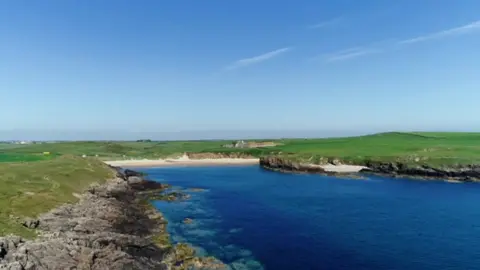 BBC
BBCComedian Tudur Owen fears many Welsh place names and the stories behind them are at risk of being lost and replaced by English names that non-Welsh speakers find easier to remember and pronounce.
Some Welsh place names are really difficult to pronounce. I get it.
I have difficulties with places names. Try Worcestershire or Sluff (or is it Slough?!)
But have a go. Make a mess of it. Laugh about it, it really doesn't matter.
In fact, ask people about these place names. Google them as there are normally some great stories behind them.
You can tease us about the Welsh not having any vowels or that we sound like we are coughing when we speak. We can take it...Up to a point.
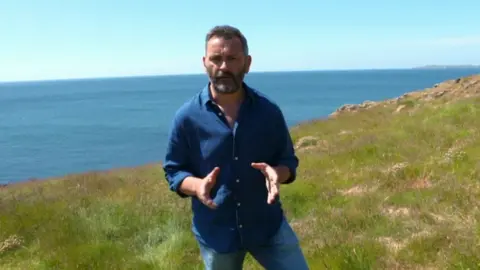
But, and this is a big but, replacing Welsh place names with English ones, just because some people can't pronounce them or they just don't like the sound of them, is not ok.
It's deleting your cultural distinctiveness. Your heritage and the uniqueness of these British islands.
It's getting rid of one of the oldest languages in Europe, one place name at a time.
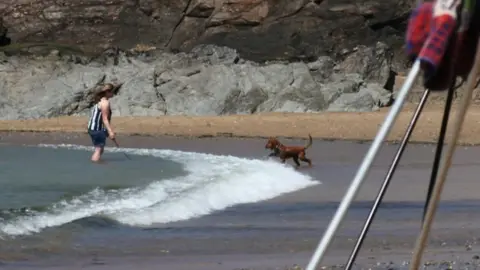
A notable example is above, it's a picture of Cable Bay on Anglesey
So called because a few years ago somebody laid a cable here. That's interesting. Isn't it?
Except of course it's not. It never was Cable Bay. It is Porth Trecastell.
Porth translates as access point or gateway for travel, trade and fishing. Trecastell suggests an ancient fort or castle that would have defended this stretch of the coastline.
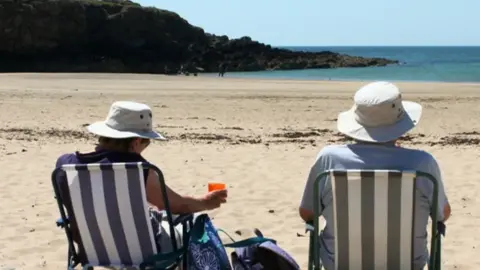
So it's not just a name, it's a story.
You don't have to be a Welsh speaker to realise these place names make Wales different.
They connect us to our history and our shared identity.
Wales has witnessed centuries of invasion and immigration and each new wave of settlers have influenced and added to our rich history.
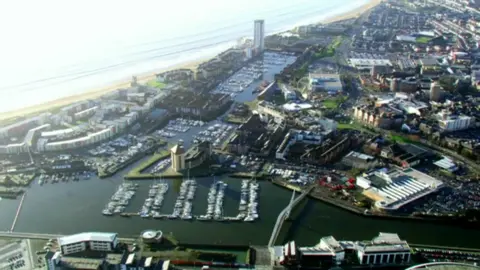
The names Anglesey and Swansea are ancient Viking names which are just as important to our story as Ynys Môn or Abertawe.
But what we are seeing now - whether by accident or simply by being misinformed - is a disregard for that story.

You might also be interested in:

We have beautiful beaches and mountains and lakes and, of course, they are wonderful
But if you choose to ignore their names and their story, then all you will ever see is just features in a landscape. It's pretty but meaningless.
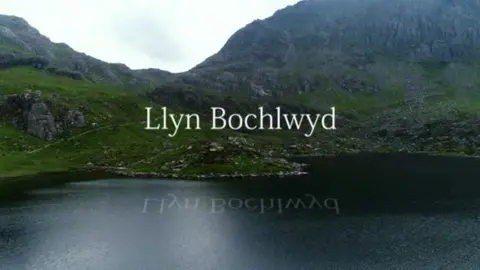
Llyn Bochlwyd is a tricky one even for me.
It's a lake in the mountains of Eryri - or Snowdonia in English. Llyn translates to lake and Bochlwyd means grey cheek.
Some say the name tells the ancient tale of an old grey stag which was being hunted. It makes a miraculous escape from the hounds and the arrows by plunging into the lake, holding its grey face above the water as it swims for safety.
If you look at some guidebooks for the area it now has a new name - Lake Australia because the outline looks like the shape of Australia.
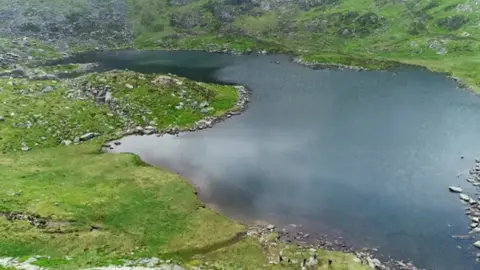
We have a choice. Do we keep these names and stories and tell them to the generations that inhabit this land after we've gone.
Or do we let them be deleted because they are too difficult too pronounce and replace them with easy to remember English names.
Foel Fawr is now known by some as Jam Pot Hill. Walkers' Wood has replaced Coed Llugwy in some guidebooks.
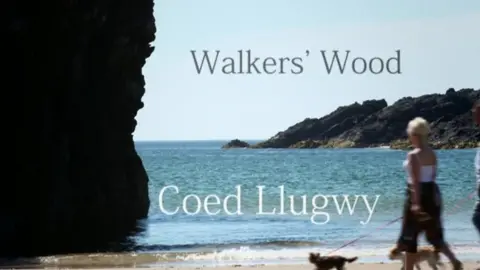
If you look for Cwm Cneifion on some maps you'll find instead somewhere called The Nameless Cwm.
And people say that Welsh is gobbledygook!
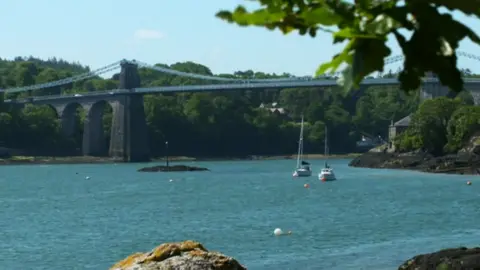
We can't force people to use Welsh names, it has to be a choice. But the least we can do is make that an informed choice.
Tell people that every field, every cave, every stream and every farmhouse has a name - and has a story.
If we choose not to use these names they will be lost - and once they are lost, they are gone for good.
